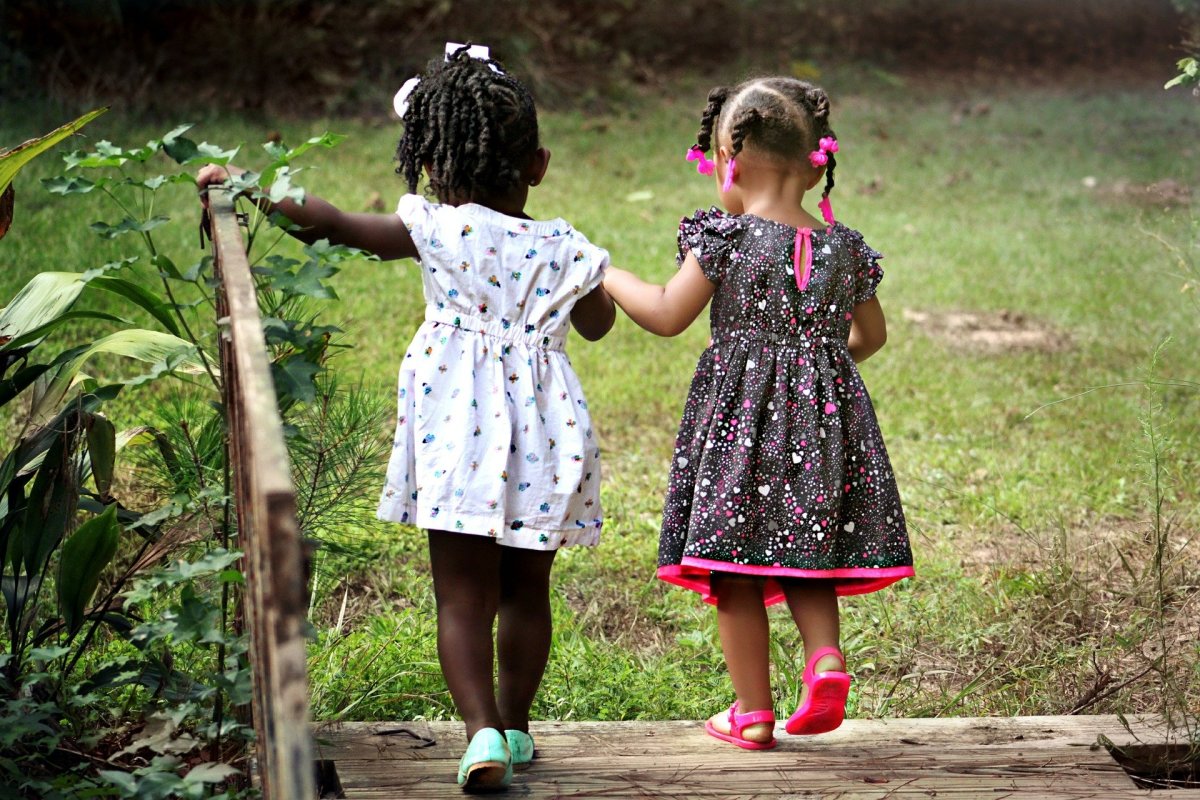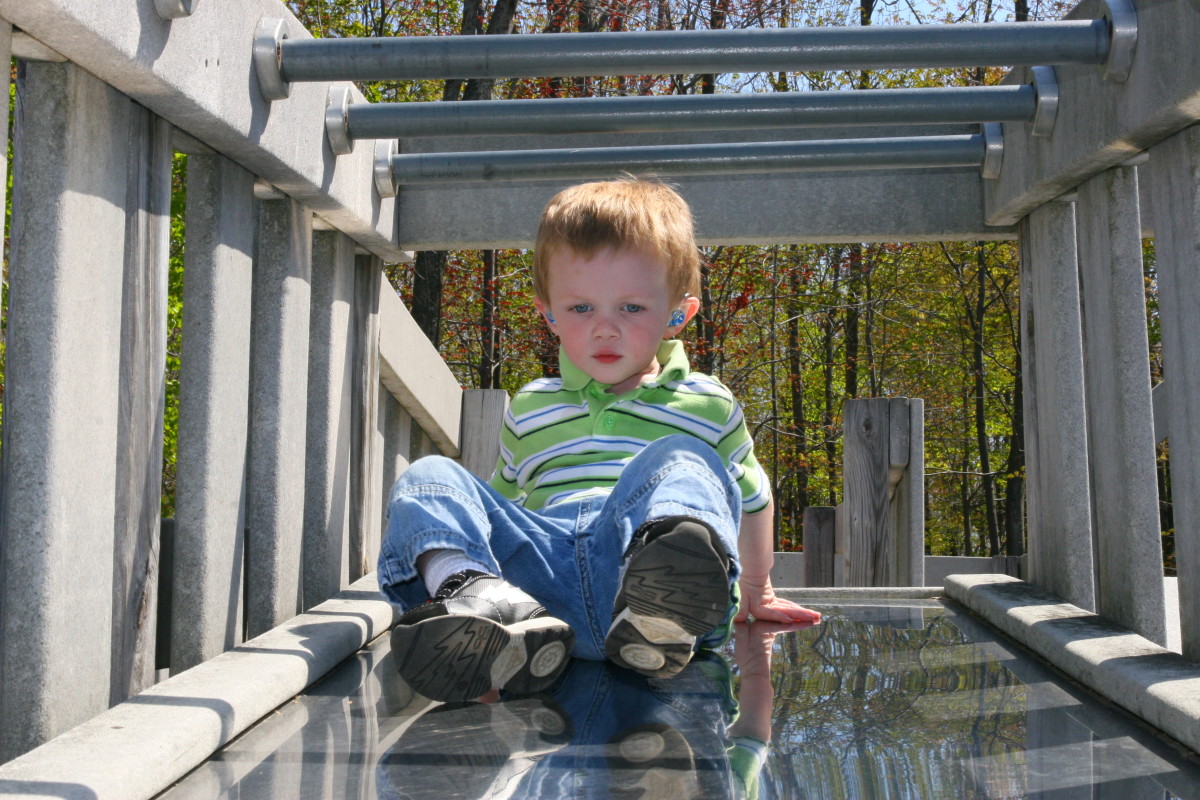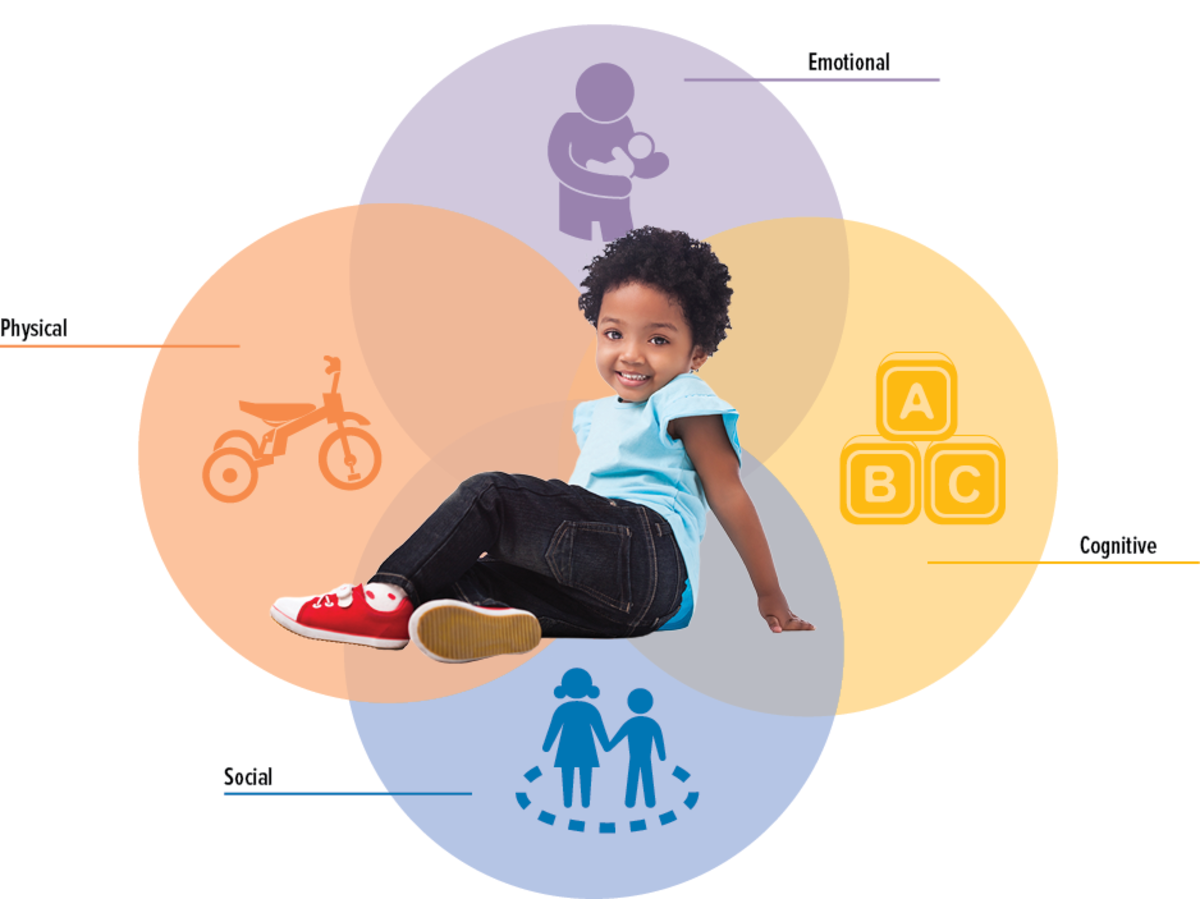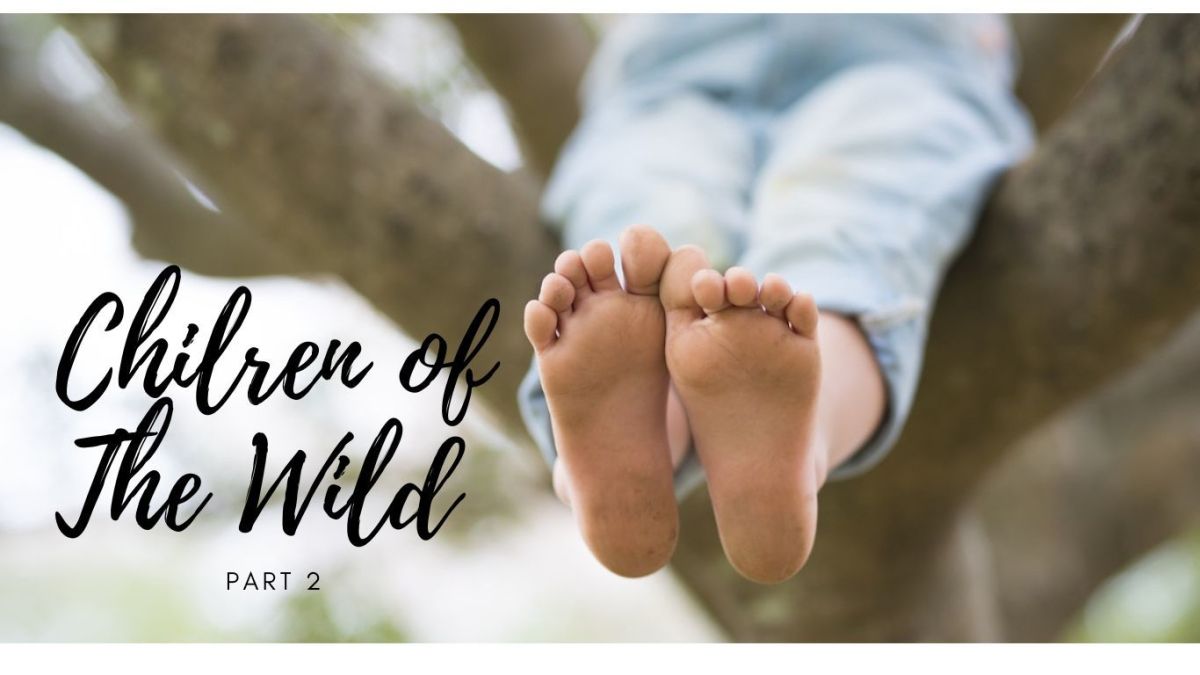Childhood Development
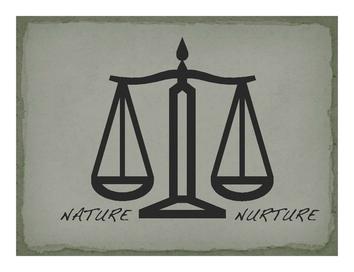
One of the oldest debates existing in social sciences arena is on what influences a child’s development the most- nature or nurture? Up to this date, evidences are presented from both sides that seem to support each claim. The importance of knowing the effects of nature and nurture is immense. It affects the way schools frame their curriculum, the way psychologists give advice to parents and kids and so on. The accepted theory at present is that both give significant effects on how a child thinks, acts and grows to be a young person. Such factors also determine what he may become in the future.
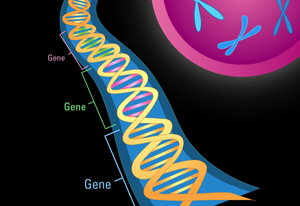
It’s in Your Genes: Impact of Nature
You might hear people say statements like, “It’s in their genes” when addressing a family of geniuses. When relatives of a certain family are into the same kind of skills, habits or profession, such observations are also common. The theory that nature plays a major role in a child’s development lies on the contention that the genetic code you are born with determines how you grow up. It is shared among the family, relatives and even the farthest kin. Qualities like height, complexion, behavior, color of the eyes and even intelligence can be passed down to offspring. Furthermore, it is contended that even if two persons are raised in different environments as long as they are of the same genetic code (such as twins), they will ultimately show the same behavior and qualities.
These contentions have been supported with various studies and experiments using respondents who are genetically alike but are raised in different environment, dealing with different kind of people and culture.
- The advantage- obviously, being born from a family of geniuses gives an edge over the others. This would give an opportunity to continue the family’s generation of same qualities and characteristics.
- The disadvantage- sure it’s good news if you are born from parents who have high in IQ. Positive traits mean more advantage. However, the catch lies on the fact that you cannot choose what you will inherit. Thus, even those you do not wish to have may be passed unto you like being bald, poor eyesight or worse- diseases. In addition to that, not all children can have the qualities of their parents. Woe to those whose genes deviate from that of their parents. it would fail the expectations of society and even gives the child a feeling of insecurity.
It Depends on the Environment: Impacts of Nurture
The second theory tells that a child’s development is determined by the way he or she is nurtured. This means that qualities, behavior and traits may be learned depending on where he or she grows. A child can be born from parents who are not good in math but once he is exposed to a surrounding where mathematics is a common dose of life, he will grow up well acquainted with it.
This theory asserts that there are many factors which can be considered crucial in nurturing a child. The core ground contended by this theory is that children may be born without it but surely it can be learnt. The following are the common institutions or instances where a child may develop specific skills and behavior which are not actually possessed by their genes.
- The society where the child grows up- a child’s behavior and way of thinking is greatly influenced by the people who surround him. By the time he is able to speak, he adapts the language of those around him, the way they behave and certainly the values they impart. That is the main reason why people often differentiate rural from urban people. They may be in the same city but their way of thinking and behavior differ.
- Social status- the status of a child may also affect the way he behaves and how he develops into a young man. Poverty for example pushes a child to scarcely which in turn will result to malnutrition. This constant lack of food and nutrition can affect his abilities and skills and even intellect. It is proven that a child that gets the proper food and maintenance also has a higher capacity of doing his chores and assignments well. Being confined in a specific social status may also halt a child’s performance. For example, although a child wants to enroll in a higher level of education, this can be compromised when there is lack of fund and support.
- Training and discipline- one may be born from parents who do not have that “great genes” but many studies were conducted telling us that this does not hinder a child from adapting a higher intellectual capacity. Through training and discipline, a child can develop an interest into something which he is not born with. This is where institutions come in like schools. A person may have a short height but with constant training, he can be the best basketball player ever.
- Experiences- a child’s development is greatly affected by his experiences too. Some of the behavior, manner, likes and preferences of a person is nurtured from the experiences he or she gathered. There may be instances when a child is exposed to a risk that pose a danger and gradually he develops a trauma in that. These experiences stay in the mind of children for a long time that it became a habit and eventually a character.
Conclusion
A theory remains a theory until proven a fact. Thus, this nature versus nurture debate cannot rest until one of them wins. However, more and more experts are embracing the mixture of these two contentions in coming up with better explanations on child development. As presented above, the two seem to have their own explanations as well as studies that support them. What can only be done is to differentiate them and recognize that each has its own point of argument. Whether it is nature or nurture that affects a child’s development the most- we’d better leave the debate among experts.
Rate this Hub!
© 2013 LG

